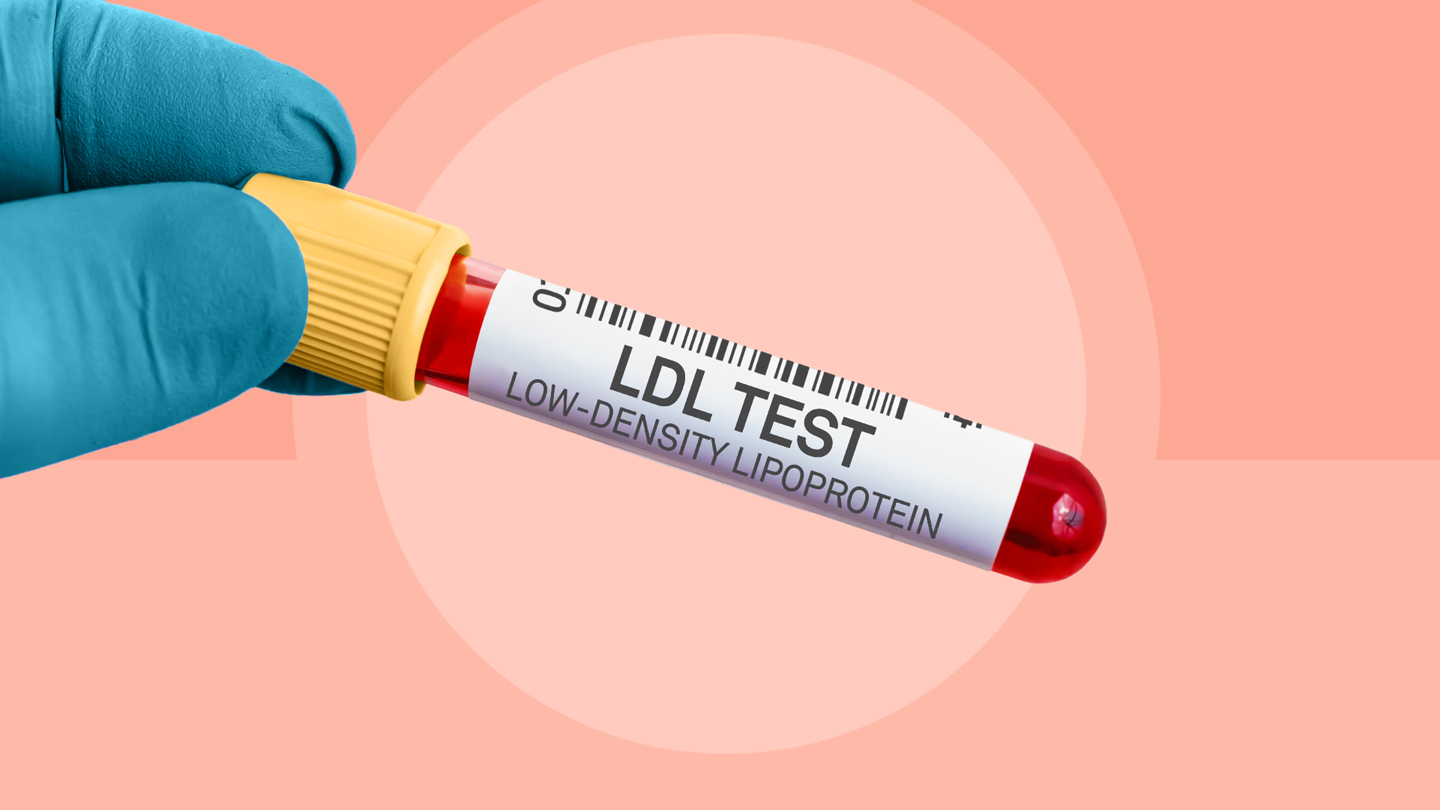Description
LDL cholesterol testing is typically done to assess your risk of heart disease and to monitor your overall cardiovascular health. LDL stands for low-density lipoprotein, often referred to as “bad” cholesterol. High levels of LDL cholesterol can lead to a buildup of plaque in your arteries, which increases your risk of heart disease, heart attack, and stroke.
Your healthcare provider may recommend an LDL cholesterol test as part of a routine check-up, especially if you have risk factors for heart disease such as high blood pressure, diabetes, smoking, obesity, or a family history of heart disease. Additionally, if you’ve been diagnosed with high cholesterol or are undergoing treatment for it, regular monitoring of your LDL cholesterol levels is essential to assess the effectiveness of your treatment plan.
In summary, LDL cholesterol testing is done to:
- Assess your risk of heart disease.
- Monitor your cardiovascular health.
- Evaluate the effectiveness of cholesterol-lowering treatments, such as medications or lifestyle changes.



Reviews
There are no reviews yet.